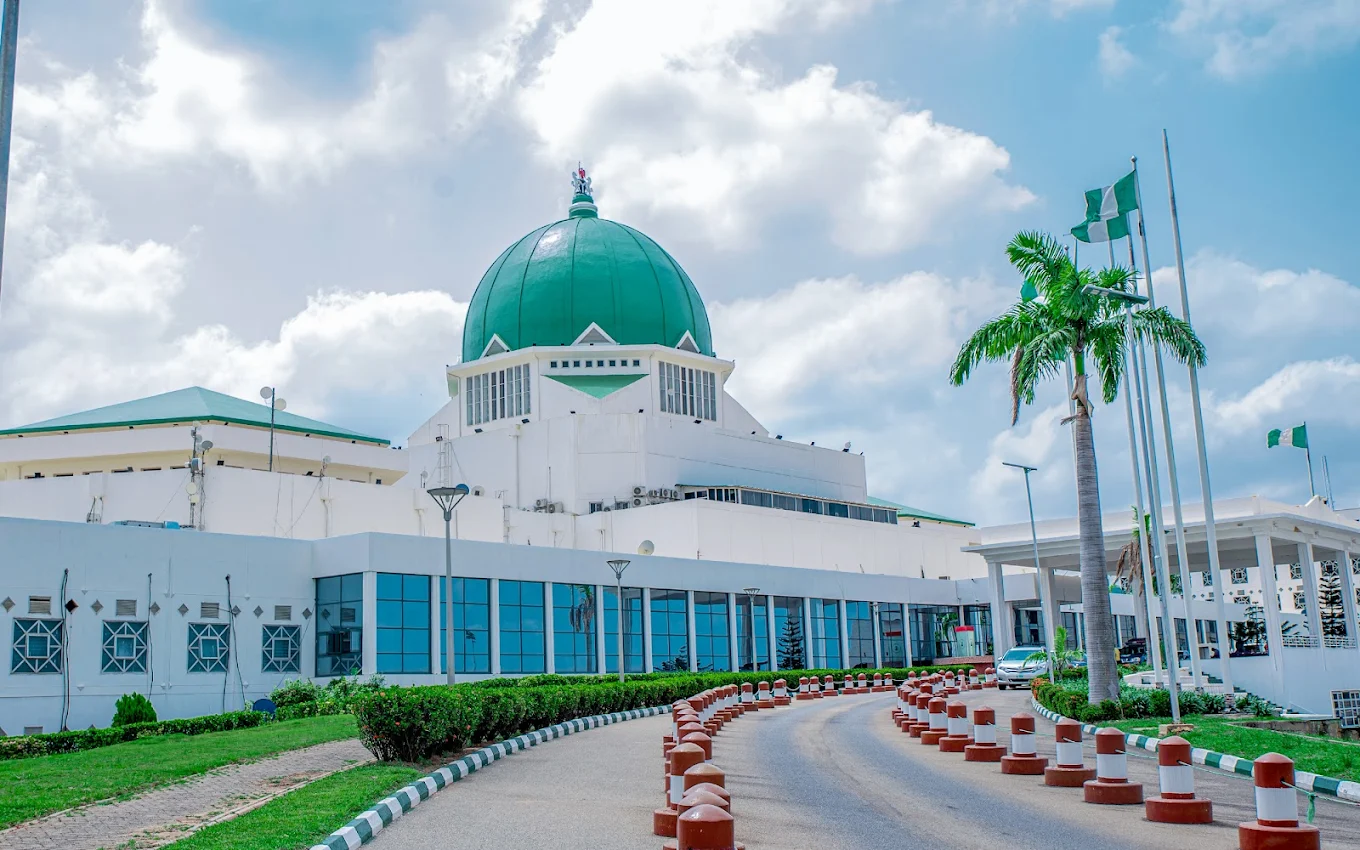Plan by the Federal Government to decriminalise attempted suicide by December 2025 is logical and reflects the modern-day notion that the offence is more of a health issue. Beyond that, however, the plan synchronises with the need to reverse high incidences of sudden death, which also has its roots in inadequate health care delivery.
The focus on these issues only underscores the sanctity of life, guaranteed under the country’s constitution, which also charges the government with overseeing it as its primary purpose.
People die everywhere and at all times. However, when many citizens begin to take their own lives, attempt suicide, or suddenly collapse and die in the prime of youth, the spotlight must fall on society as harbouring an existential problem.
The increase in suicides and sudden deaths in Nigeria points to systemic failure, aided by weak healthcare, poor emergency response, poor enlightenment, economic pressures, high medical costs, and insufficient social protection. To reverse the trend, the government and stakeholders must reduce private despair or misgovernance from fueling public mortality.
Yet, this is not a uniquely Nigerian tragedy. Across the world, more than 700,000 people die by suicide each year, with nearly three-quarters of those deaths occurring in low- and middle-income countries. In 2021, suicide was the third leading cause of death among people aged 15 to 29. In Nigeria, the suicide statistics are about 15,000 yearly. For each death, there are reportedly at least 20 attempts, a grim indicator that hundreds of thousands of Nigerians experience episodes of intense distress each year. The matter is even made worse by the fact that stigma and the nation’s punitive legal interpretations of suicide push many into silence.
Statistics concerning suicide show a heightened risk alongside persistent underreporting. World Health Organisation (WHO) data summaries suggest Nigeria’s figure stands at around 9.5 per 100,000 people, while additional studies reveal an increase from 6.5 per 100,000 in 2012 to about 9.9 by 2015. Current studies examining the country’s cases point to well-known contributors, such as marital or relationship disputes, unemployment, loss of loved ones, and other social disruptions that are aggravated by the absence of adequate support from healthcare, social services, or career safeguards.
Rather than treat suicide as a shame, the UK, U.S., and others confront it as a public health challenge. The UK has a dedicated ministerial role for suicide prevention, emergency phone lines, and zero-suicide initiatives. While these may not necessarily be the magic wand, they represent administrative approaches focused on dispensing resources for prevention rather than punitive actions, and serve as wake-up calls to Nigerian authorities.
The government’s new direction to decriminalise attempted suicide is better late than never. The crime of attempted suicide is captured in Section 327 of the Criminal Code and Section 231 of the Penal Code. However, there must be a commitment to integrating the reversal into frameworks of actionable plans and initiatives; otherwise, the turnaround risks becoming a well-celebrated legal document that achieves little or no impact.
Equally unsettling is a wave of sudden deaths that claim Nigerians without warning. These incidents occur in workplaces, sports grounds, homes and houses of worship, and they paint a disturbing picture of lives cut short unexpectedly. Examples abound: Bukola Agbakaizu, a broadcast journalist who slumped as she prepared for her shift; Mohammed Amate, a former Pioneer Director-General of the Nigerian Mining Cadastre Office, who passed on while playing golf; Caleb Olubolade, a former Bayelsa State military administrator who also passed away at a lawn tennis facility; retired Major General Chris Jemitola, who collapsed at a golf club and was pronounced dead shortly after; Akin Olowokere, a coach who collapsed during training; Cairo Ojougboh, a former lawmaker who died while watching a football game; and others.
Both suicide and sudden deaths compel a need to examine the cultural and social fabric that should ideally serve as protective barriers. Taking one’s life is largely considered un-African and disapproved of. Rising incidences of suicide are proof that traditional neighbourliness and the extended family system in the Nigerian and African societies are being chipped away fast by modernism and information technology. This ought not to be.
Rather, the newfound possibilities offered by advancements should be a force for good, one that is channeled towards promoting non-judgmental support, church and mosque-led awareness, and community watchfulness for warning signs, rather than vain self-glorification on social media.
The state should work to bring the nation’s data and research gathering methods on par with contemporary realities. Mopping up data in the 21st century has gone beyond merely reading explicit signs of distress or hidden health challenges. Information gathering must be modernised and predictive. It must be able to read the micro-footprints of withdrawal or depression across several stages. It must also be woven into a well-funded healthcare system driven by technology and early intervention.
Beyond having better data, Nigeria’s emergency response must keep pace with the magnitude and complexity of its population. Some states have made commendable efforts to deploy substantial resources and logistics during disasters. However, the capacity for a swift and coordinated state response to individual cases, such as people collapsing or attempting suicide, is still grossly deficient.
These system-wide failures are particularly obvious when viewed against Nigeria’s broader mental health landscape. One out of four citizens, about 50 million people, is said to be living with some sort of mental illness. This scenario is exacerbated by a dire shortage of psychiatrists. Despite the WHO’s recommendation of one psychiatrist for every 10,000 people, Nigeria has a ratio of one for approximately 800,000 people. To meet the required threshold, the country will need about 20,000 psychiatrists. This huge shortfall, unfortunately, feeds the current crisis of suicide and attempted suicide.
To stem this tide, efforts must be made to implement the provisions of the National Mental Health Act, 2021. While the legislation laudably jettisons the archaic Lunacy Act of 1958, the failure to establish its mandated Department of Mental Health Services means that moves to address the mental health crisis remain without a central coordinating body, responsible for drafting policies, setting national standards, and driving the entire implementation of the Act.
The pressure to make ends meet has weighed heavily on Nigerians in recent times; few can afford to look over their shoulders at a brother or sister trudging towards despair. The government has a significant role to play in strengthening the props of socioeconomic existence. However, Nigerians must be encouraged to look out for their neighbours.
“Suicide doesn’t end the chances of life getting worse; it eliminates the possibility of it ever getting any better” (anonymous). That applies to both the distressed and the loved ones left behind to mourn the outcome of unfortunate chain reactions.






